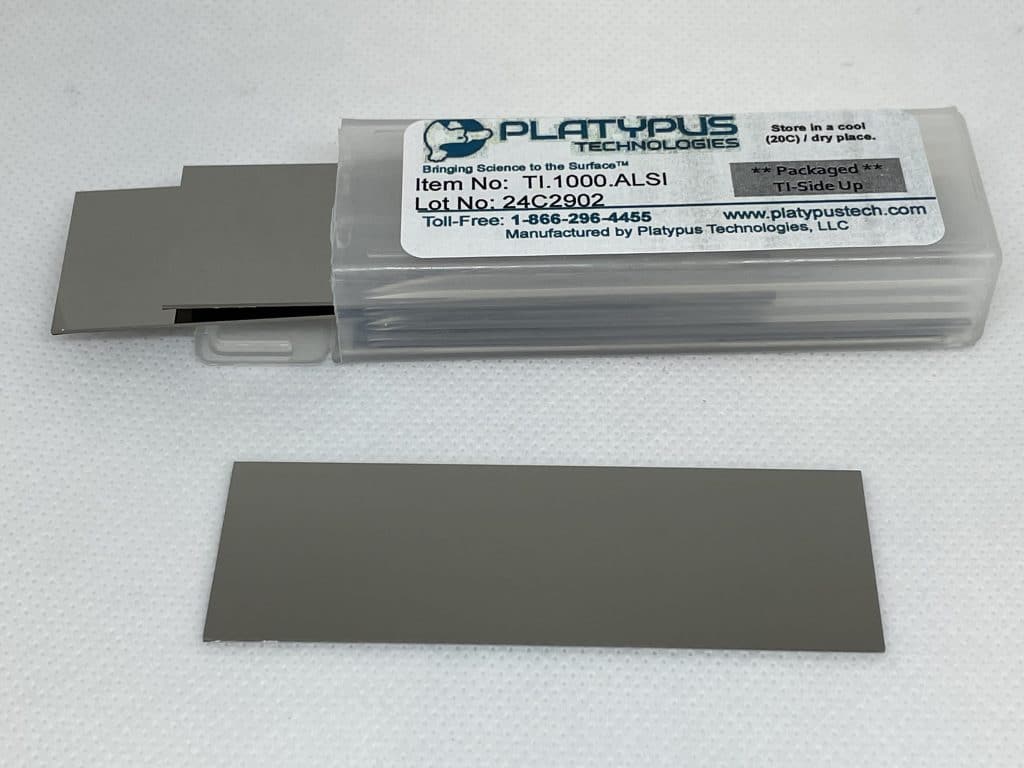Titanium Coatings: Applications and Benefits
Titanium coatings are applied to a variety of substrates to enhance their performance attributes and extend their service life. These coatings are critical in industries such as aerospace, automotive, and medical devices due to their exceptional hardness, corrosion resistance, and biocompatibility. This post will explore the diverse applications of titanium coatings, discuss their distinct benefits, and illustrate how they contribute to the efficiency and durability of products across different sectors.
Properties of Titanium Metal
Titanium is a transition metal known for its distinctive silvery grey-white appearance and robust physical characteristics. It has a low density of about 4.5 g/cm³, a high melting point of 1,668 degrees Celsius, and is notably strong with an excellent strength-to-weight ratio. Chemically, titanium is resistant to corrosion in harsh environments such as sea water and chlorine due to its ability to form a protective oxide layer. Its non-toxic nature and resistance to common chemical reactions make it ideal for use in aerospace, biomedical implants, and a variety of other applications where durability and lightweight strength are critical.
What are Titanium Coatings?
Titanium coatings involve the application of a thin titanium layer over substrates of different materials to improve their performance and durability. Typically applied through physical vapor deposition, titanium coatings are known for their hardness, excellent adhesion, and protective qualities. These coatings are distinct from other metal coatings due to their outstanding corrosion resistance and biocompatibility.
Related: Titanium Thin Film Products

Benefits of Titanium Coatings
- Enhanced Durability: Titanium coatings significantly increase the lifespan of treated materials. By adding a robust layer to the substrate, these coatings protect against wear and tear, reducing the degradation that occurs from regular use. This enhanced durability is particularly beneficial in industries like aerospace and automotive, where long-lasting components are crucial for safety and functionality.
- Aesthetic Improvements: Titanium coatings can also enhance the visual appeal of products. They can impart a lustrous, high-gloss finish that not only improves the product’s appearance but can also add to its market value. This is especially important in consumer products and architectural elements, where aesthetic appeal can drive purchasing decisions.
- Superior Protection: Titanium coatings provide excellent protection against environmental and chemical factors. They are highly resistant to corrosion, even in environments exposed to salt water or high levels of industrial chemicals. This makes them ideal for use in marine applications, chemical processing plants, and any scenario where corrosion resistance is necessary for longevity and performance.
Titanium coatings offer unmatched benefits across a broad range of applications, asserting their importance in modern industrial practices. Their ability to enhance product performance and lifespan makes them a pivotal solution in many sectors.
Key Applications of Titanium Coatings
- Medical Devices: Titanium coatings are critical in the medical field due to their biocompatibility, which ensures compatibility with body tissues and prevents adverse reactions. These coatings are primarily used in devices like orthopedic implants, including hip and knee replacements, where their durability and corrosion resistance are essential for longevity. Additionally, titanium is used in dental implants and surgical instruments, as it withstands repetitive sterilization without degrading. The anti-microbial properties of titanium also help reduce infection risks, a vital consideration in surgeries and long-term implantations. Overall, titanium coatings enhance the performance and safety of a wide range of medical devices.
- Microelectronics: Titanium thin films play a crucial role in the electronics industry due to their electrical conductivity and excellent resistance to corrosion. They are commonly used in the production of capacitors and resistors where stable performance over a wide range of temperatures is essential. Additionally, titanium’s durability and high melting point make it ideal for use in semiconductor devices, protecting sensitive components from thermal and environmental stress.
For more information on how titanium coatings can benefit your specific applications, contact us today. Explore our website for further details on our services and discover how we can assist in enhancing your products with advanced coating technology.
Learn More: Metal Coating Services